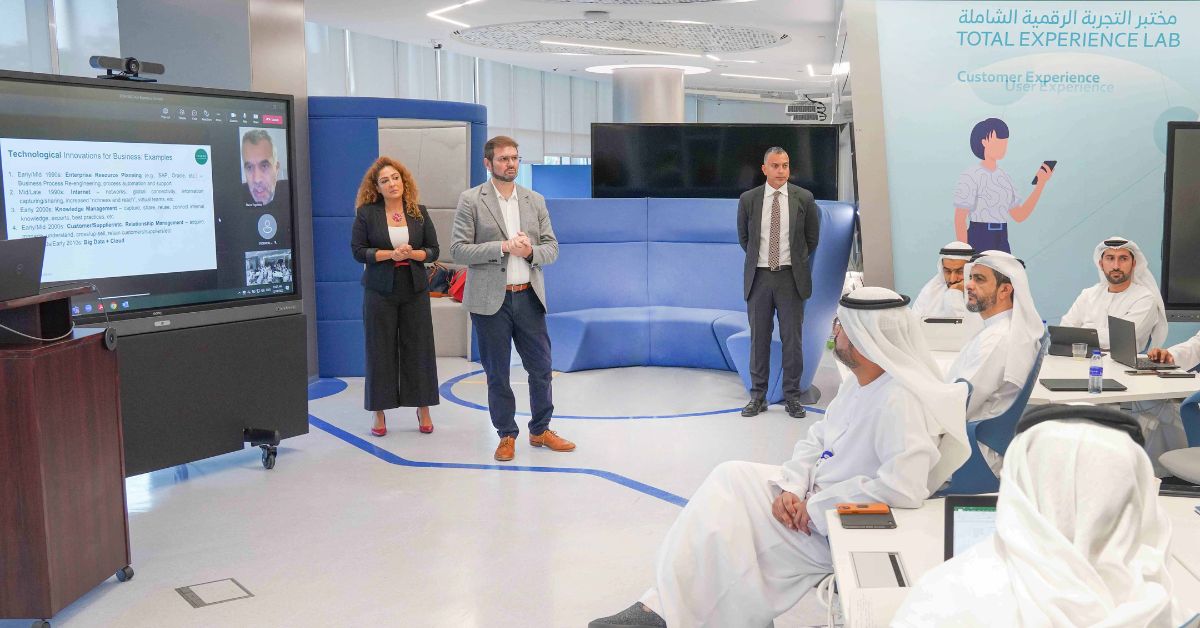DUBAI, UAE – About 51 percent of tech professionals in the Middle East are satisfied with their remuneration, a figure that is the joint lowest of the EMEA subregions under study, according to the latest “Inside Tech Talent” report by Hays.
The report, which analyzed survey data from over 8,900 employers and 1,500 tech professionals across 20 countries in the EMEA region, also revealed that Central Eastern Europe, France and Benelux, and Southern Europe have higher satisfaction rates at 72 percent, 67 percent, and 51 percent respectively.
Despite the vigorous pursuit of skills development among tech workers, the region still faces a significant shortage of tech talent due to a supply-demand mismatch. This shortage is not only limited to the Middle East but extends across the wider EMEA region.
The Hays report disclosed regional differences in work preferences. Tech professionals in the Middle East show a higher acceptance for office-based roles, with only 17 percent opposing such arrangements. This finding contrasts starkly with other regions such as Central Eastern Europe (54 percent), Southern Europe (42 percent), and France and Benelux (40 percent), where a larger proportion of tech professionals are less open to fully office-based roles.
In terms of non-monetary factors influencing career choices, career development emerged as a vital factor for Middle East tech professionals. About 51 percent ranked it in their top three when selecting a new role, surpassing the figures in all other surveyed regions of EMEA. However, only 41 percent feel that their current organizations offer sufficient scope for career progression.

Work-life balance, while critical in Europe, appears to be less of a priority for tech professionals in the Middle East. Just 22 percent ranked it among their top three non-monetary factors in choosing a new role, compared to 40 percent in Southern Europe, 33 percent in Central Eastern Europe, and 45 percent in France and Benelux.
Despite these challenges, Middle Eastern employers remain optimistic about future job creation, with 65 percent expressing confidence about the influence of the economic climate over the next 2-5 years. This optimism extends to their hiring strategies, with 23 percent of employers planning to significantly ramp up overseas hiring, considerably outpacing their European counterparts.
Moreover, the Hays report highlights Asia’s technology industry trends, indicating that factors like learning opportunities, career growth, and work flexibility are key drivers for tech talent when looking for a new job. This conclusion comes after a finding that 36 percent of Malaysia’s technology workers had left their jobs between June 2021 and May 2022, citing lack of career growth and development opportunities as top reasons.
In line with these findings, Hays has launched a campaign to poll technology workers and employers on their opinions on various aspects of work, including compensation, flexibility, and purpose. The goal is to better understand what drives current and prospective technology employees, an effort that is especially pertinent in the rapidly evolving tech landscape.
These findings present invaluable insights for both tech professionals seeking to navigate the MENA job market and organizations planning their tech talent recruitment strategies. The report underscores the need to consider regional preferences and expectations to effectively bridge the talent gap in the rapidly evolving tech landscape.







